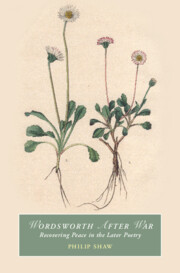This paper focuses on the analysis of weak states in the international trading system during the Revolutionary and Napoleonic crises, especially on Portugal's trade relations with the United States. We argue that the previous studies of the trade flows during these conflicts have not paid enough attention on smaller actors. Even though the Peninsular War caused severe disruption of agricultural production in Portugal, the United States, despite its strained relations with an ally of Portugal, Great Britain, became a key supplier for the Portuguese market. Clearly, the threatened position of the peninsula, and the need to supply the troops, awarded the Portuguese some room to manoeuvre in the international markets. Total war was not a constraint for all states — economic necessities trumped political and diplomatic concerns during the era of the first real-world wars. This situation was a temporary one, only to change after the conflict.


